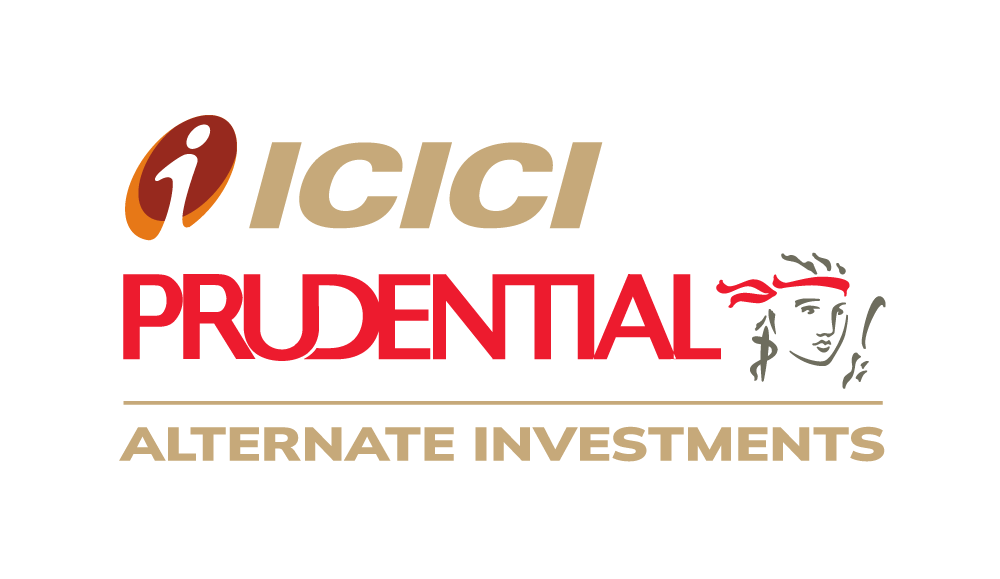The core investment philosophy of value investing is based on the belief that stocks cannot continue to quote at values that are significantly below their fair values over the long term. At some point in time, the markets are likely to recognize the extent of undervaluation of these companies. The same could lead to a rerating/appreciation in the company’s stock price.
There are various reasons why stocks tend to quote at low valuations. Some of these include:
• An irrational market sentiment that drives down the price of a stock to a level lower than justified by fundamentals. This could occur as an overreaction to negative news or as result of market pessimism on corporate/industry fundamentals. Markets also often tend to ignore certain stocks/sectors that appear to have low growth or non-exciting stories.
• Valuations not factoring in all aspects of the companies earning potential: Companies may have certain hidden assets on their books or assets whose actual value may not be factored in by the markets. This could include surplus land, equity holdings, cash on balance sheets, trademarks etc.
The markets are also at times slow to factor in company developments such as operational or financial restructuring, entry in to new markets, capacity expansions, introduction of new products, change in management etc. that could potentially add significant value to the networth of the business. During cyclical downturns, a number of companies are often valued based on bottom cycle earnings, which can look very attractive as the industry cycle improves.
The Portfolio Manager aims to find a good business at a reasonable price and not a mediocre business at a bargain price. The Portfolio Manager endeavors to invest in securities with:
• Favourable long-term prospects;
• Effective management;
• Scalable businesses; Sustainable competitive edge; and
• Available at an attractive/reasonable price
The Strategy aims to follow a “buy and hold” strategy in order to fully capitalise on the true underlying value of the business potential which gets “unlocked” over a period of time. However, the portfolio may be actively managed to take advantage of certain market trends, with an endeavour to enhance returns.




